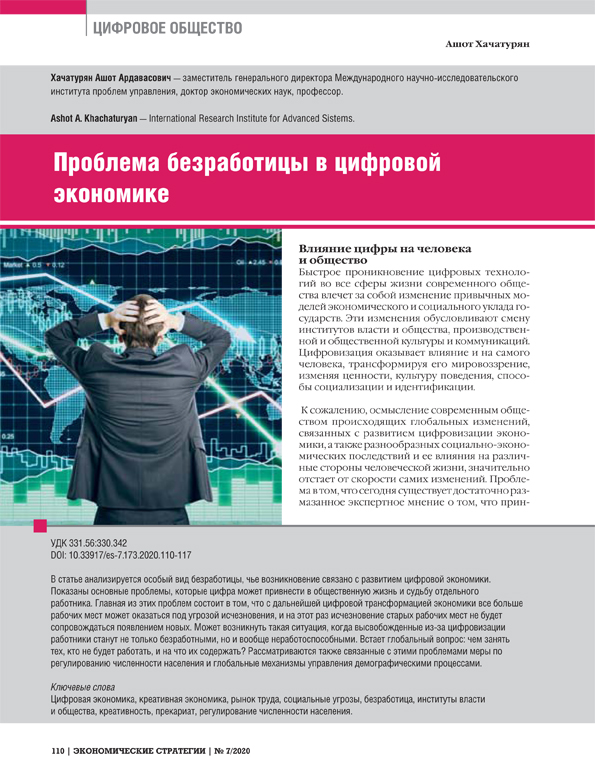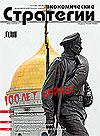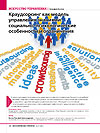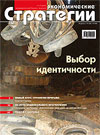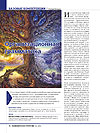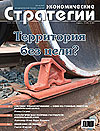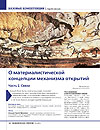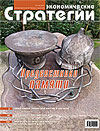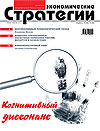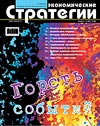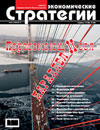The Problem of Unemployment in the Digital Economy
DOI: 10.33917/es-7.173.2020.110-117
The article analyzes a special type of unemployment, the occurrence of which is associated with the development of the digital economy. Shown are the main problems that digital can bring to social life and the fate of an individual worker. Chief among these problems is that with the further digital transformation of the economy, more and more jobs may be threatened with extinction, and the disappearance of old jobs this time will not be accompanied by the emergence of new ones. A situation may arise when workers released due to digitalization will become not only unemployed, but also generally inoperable. A global question arises — what to do with those who do not work, and how to support them? It also examines the related measures of population regulation and global mechanisms for managing demographic processes.



